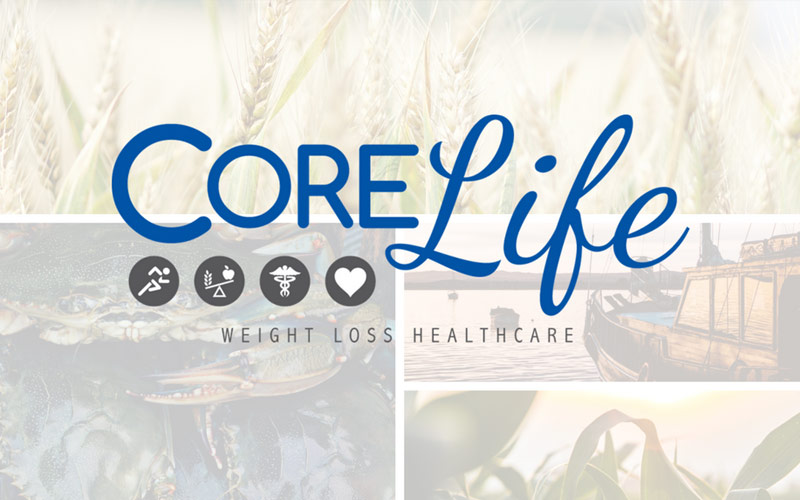Have you ever heard the expression “abs are made in the kitchen”? If you haven’t, consider it your new mantra. No matter how hard you might exercise, you can’t out-train a bad diet. And, honestly, most clients I see, are struggling to find time to get in adequate workouts, making the nutrition component an even more significant part of the weight loss and wellness journey.
So, what does an RD have to do with it? While everyone at CoreLife is focused on helping our clients make the best decisions for their health, CoreLife works with registered dietitians because we are the absolute best experts when it comes to nutrition. I wrote a lengthy post previously explaining the training of RDs. As a quick reminder, to become an RD, you have to take a very specific nutrition and science-heavy undergraduate coursework, apply for and be selected for an internship (only about 50% of students who apply actually get selected), do over 1200 hours of supervised practice in clinical, foodservice, and community nutrition, and then sit for the RD board exam, which, upon passing, enables you to gain the credential of a registered dietitian. In comparison, the average doctor has only about 25 hours of total nutrition coursework. That’s barely a day’s worth! So, while other health care professionals can give some input about general nutrition guidelines, the experts are the RDs.
How can I help? Well, I can chat with you about your current diet and where you’re making mistakes or could make improvements. We can discuss how to incorporate those changes into your usual routine. I can give you very general guidance for making better health choices, or we can talk very specifically about what to eat for each meal and snack for best nutrition. A lot of times, people think they’re eating well, only to discover that the very foods they have been avoiding are perhaps the ones best for their health. I get questions over and over about foods to avoid or limit, and more often than not, they are actually foods that absolutely belong in your diet.
Eating well doesn’t have to be hard. It takes some practice, but that’s what the RDs at CoreLife are there for; to provide guidance, answer questions, and help you figure out how to make the necessary changes for life-long nutrition success.
Aubrey Phelps MS RDN
